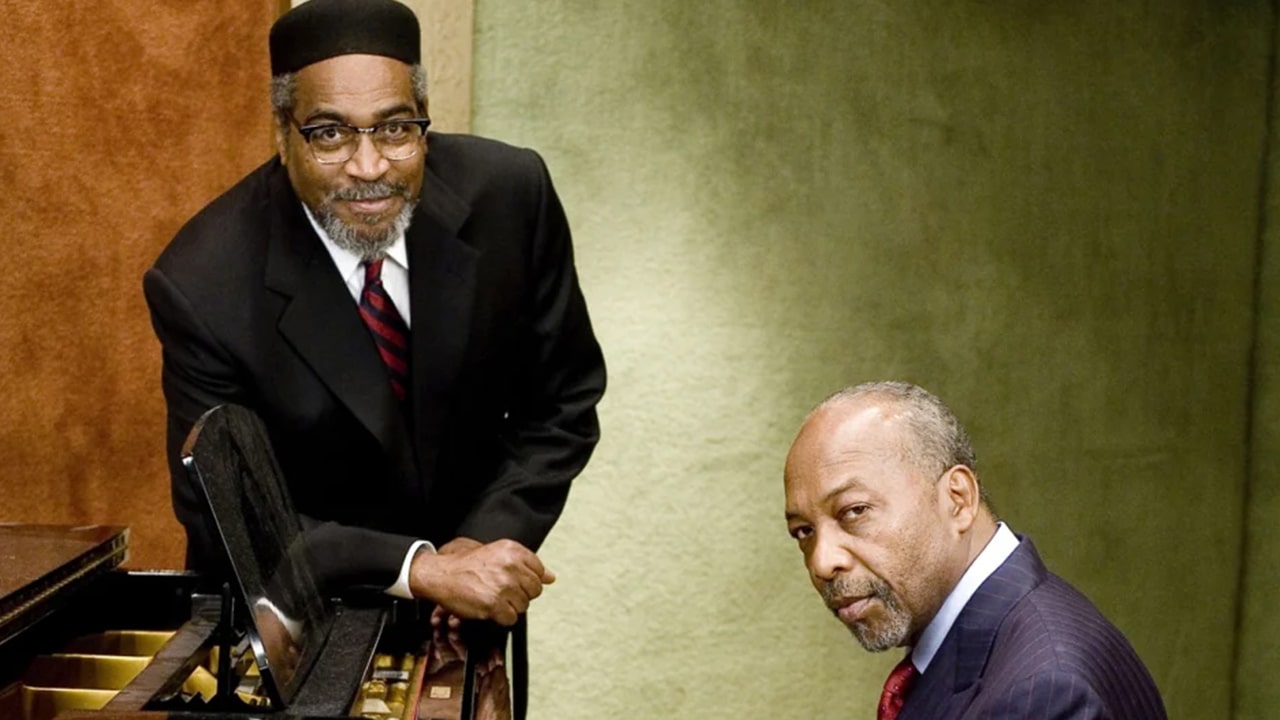This year, the 44th anniversary of the monthlong celebration of Black music’s rich legacy and influence carries an extra special meaning for the observance’s co-founders: Kenneth Gamble and Dyana Williams. That’s because — by presidential proclamation — the name of the annual June campaign has been changed back to Black Music Month after also being called African-American Music Appreciation Month in recent years.

President Joe Biden signed the proclamation on May 31, 2023. It reads in part, “During Black Music Month, we pay homage to legends of American music, who have composed the soundtrack of American life. Their creativity has given rise to distinctly American art forms that influence contemporary music worldwide and sing to the soul of the American experience.”
In tandem with the proclamation, Biden and first lady Jill Biden are hosting a Juneteenth concert on the South Lawn on Tuesday (June 13) at 7 p.m. ET. Performers include Jennifer Hudson, Ledisi, Audra McDonald and Method Man. Biden signed bipartisan legislation two years ago that established Juneteenth as a federal holiday. Celebrated on June 19, Juneteenth commemorates the end of slavery in the U.S.
“I’m elated that President Biden issued the proclamation,” says Gamble, co-founder of legendary label Philadelphia International with songwriting-production partner Leon Huff. “Black music represents a multibillion-dollar business and cultural asset that informs human beings globally. When we established the Black Music Association in the late 1970s, it was our intention to galvanize different aspects of the Black music business, along with the all-important consumers, to elevate our industry and garner respect for the creatives and professionals. Black is more than just a color; it’s a frame of mind. All genres of music created by Black folks in America are our heart and soul gifts — as well as a universal language widely felt and embraced worldwide.”
The first observance of Black Music Month, which also featured a concert on White House’s South Lawn, occurred on June 7, 1979, under President Jimmy Carter. Inspired by the efforts of the Country Music Association, which had established October as Country Music Month, BMA members Williams, Gamble and Cleveland radio DJ Ed Wright enlisted the assistance of then-Motown president Clarence Avant, veteran label executive Joe Smith and other industry professionals to petition Carter and launch an annual observance. However, in christening June as Black Music Month at the time, Carter didn’t sign a presidential proclamation.
“Had he done that, every American president that came into office after him would have done so,” says Williams, a veteran broadcaster/media strategist.

At the suggestion of President Clinton’s administration, Williams began lobbying Congress in the late ’90s. With the help of Philadelphia Congressman Chaka Fattah, the African-American Music Bill was introduced in the House of Representatives. It subsequently secured passage as House Resolution 509 in 2000. But over the years, confusion emerged about which name to use: Black Music Month or African-American Music Appreciation Month.
“I wanted to eliminate the confusion and re-establish the name Black Music Month because that’s how it has always been celebrated in the music industry and broader communities,” says Williams. So she began sending “countless” emails to the succeeding White House administrations over the years. And she kept writing until May 31 when Erica Loewe, the White House director of African American Media, sent her a copy of the Biden-signed presidential proclamation.
“It was a joyful moment,” says Williams, who will also be attending the White House’s Juneteeth concert celebration.
In the meantime, Williams’ and Gamble’s son Caliph Gamble is carrying his family’s music-activism legacy into the next generation as a co-founder of the Sons of Legends Foundation. Like the BMA before it, the foundation will further foster the importance of Black Music Month in addition to launching community initiatives and other projects.
“It’s an honor to have observed my parents’ work over the course of my life,” says Caliph Gamble. “And it’s with great pleasure that we look forward to establishing a blueprint of what they’ve accomplished, so generations to come can use their model as an option toward their own success.”
In lockstep with BMA’s mission nearly 50 years ago to annually recognize and celebrate the economic and cultural power of Black music, Gamble coined the slogan “Black Music Is Green.” Notes Williams, “Kenny was right 44 years ago, and he’s still right now. It’s a profitable business but one that doesn’t always get the respect it deserves. To my very last breath, I will be promoting this music.”






